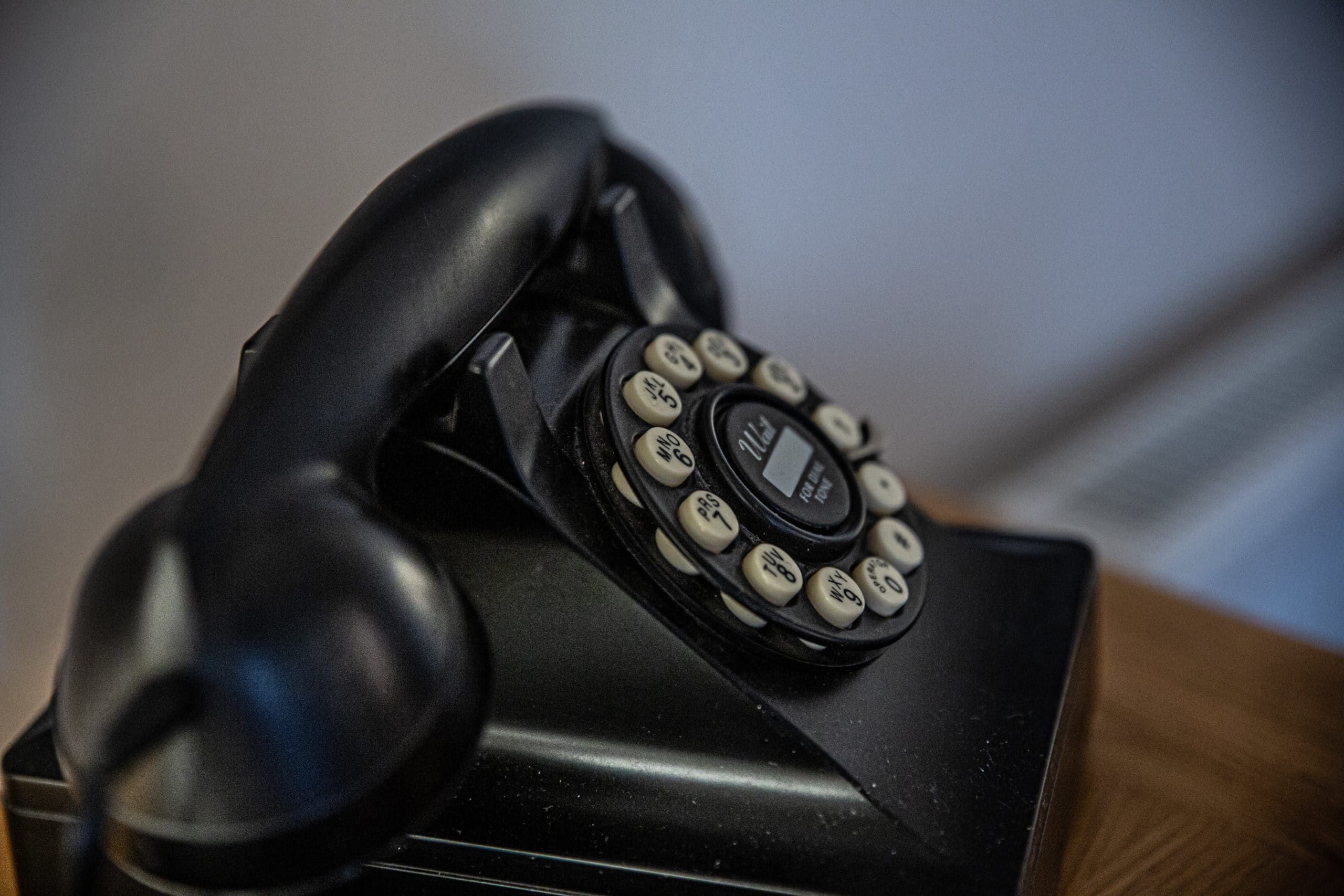A district court for Maryland recently issued a stay in a class action lawsuit involving alleged violations of the Telephone Consumer Protection Act (“TCPA”) in anticipation of a decision from the United States Supreme Court in Barr v. American Association of Political Consultants, Inc.. The pending ruling in that case, which concerns a challenge to the constitutionality of the statute’s government-debt exception to the robocalling prohibitions, continues to have ripple effects on TCPA suits nationwide.
How does the anticipated Supreme Court ruling affect this TCPA suit?
The Supreme Court is expected to hear oral argument next month on a constitutional challenge to an exemption from the TCPA’s robocalling prohibition for calls attempting to collect on government debt. The challenge essentially argues that the exemption is an unconstitutional content-based restriction on free speech that violates the First Amendment to the United States Constitution. The Supreme Court is set to review both the constitutionality of the exemption and, if it determines the exemption to be unconstitutional, whether (i) the exemption can be severed from the rest of the TCPA; or (ii) the entire TCPA must be thrown out along with the exemption. In this action, the Maryland court ultimately concluded that temporarily staying the TCPA suit was prudent given the possibility that the entire statute could be struck down by the Supreme Court in a ruling expected to be handed down this fall.
While the District Court opted to stay the proceedings pending Supreme Court action in Barr, it expressly rejected the opportunity to grant a stay pending guidance from the Federal Communications Commission (“FCC”) on the appropriate interpretation of what is an automatic telephone dialing system for TCPA purposes. Despite the propensity of many federal courts that have stayed cases in deference to a forthcoming FCC rulemaking on this issue, this court found that waiting for such guidance would be too prejudicial to plaintiffs due to the now years-long effort from the FCC to issue a final and binding autodialer-related rule.
Taking Steps to Avoid a TCPA Suit
This case is yet another example of the uncertain regulatory environment that has evolved in the post-ACA International telemarketing world. As such, it is critical for businesses to understand the scope of the TCPA’s restrictions before commencing any telemarketing campaign. The hodgepodge of rules governing compliance with the TCPA, and the staggering exposure to liability that companies face for violating the statute, makes it imperative to have telemarketing practices and procedures examined by experienced counsel in order to mitigate risk.
If you are interested in learning more about the TCPA law or have been named in a TCPA suit, please e-mail us at info@kleinmoynihan.com, or call us at (212) 246-0900.
The material contained herein is provided for informational purposes only and is not legal advice, nor is it a substitute for obtaining legal advice from an attorney. Each situation is unique, and you should not act or rely on any information contained herein without seeking the advice of an experienced attorney.
Attorney Advertising
Similar blog posts:
TCPA Law Update: Marijuana Delivery Venture Seeks Arbitration of TCPA Class Action Lawsuit




